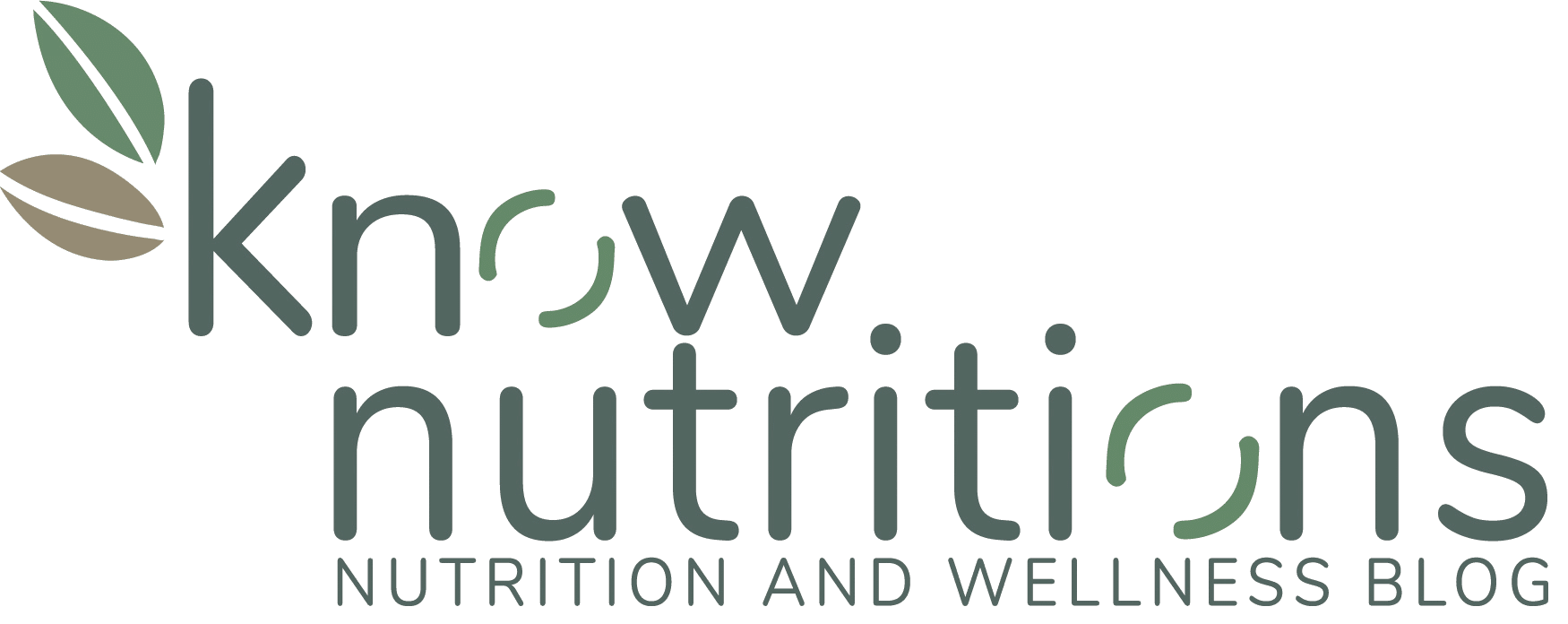In the realm of fitness, the importance of sleep for muscle recovery is often underestimated. While many focus on nutrition, hydration, and exercise routines, the quality and quantity of sleep can significantly influence muscle repair and growth. This article explores how sleep impacts muscle recovery, highlights common mistakes that hinder recovery, and offers practical tips to optimize your sleep for muscle recovery.

Understanding Sleep for Muscle Recovery
Sleep for muscle recovery is a fundamental aspect of the body’s healing processes. During sleep, particularly in the deep sleep stages, the body undergoes essential processes that promote healing and regeneration. Hormonal regulation, tissue repair, inflammation reduction, and energy restoration are crucial components of muscle recovery that heavily depend on quality sleep.
The Science Behind Sleep and Muscle Recovery
Research has shown that during deep sleep, the body releases growth hormone (GH), which is vital for muscle repair and growth. GH stimulates protein synthesis and tissue regeneration while inhibiting the breakdown of muscle proteins. Conversely, insufficient sleep can lead to elevated cortisol levels, a stress hormone that can inhibit muscle growth and promote protein breakdown. A study found that sleep deprivation could decrease muscle protein synthesis by up to 18% and increase cortisol levels by 21%.
A comprehensive study indicated that good sleep quality is associated with greater muscle strength. In a sample of university students, those who reported better sleep quality demonstrated improved grip strength compared to their peers with poor sleep quality. This highlights the critical role of sleep for muscle recovery.
Common Mistakes That Hinder Muscle Recovery
While understanding the importance of sleep for muscle recovery is crucial, recognizing common mistakes can help you improve your recovery process. Here are five mistakes to avoid:
Inconsistent Sleep Schedule
A consistent sleep schedule is essential for regulating your body’s internal clock. Irregular sleep patterns can disrupt hormonal balance and hinder muscle recovery. Aim to go to bed and wake up at the same time every day, even on weekends. This consistency helps your body establish a rhythm that promotes deeper, more restorative sleep.
Poor Sleep Environment
The environment in which you sleep greatly affects your ability to achieve restorative sleep. Factors such as light, noise, and temperature play significant roles in overall sleep quality. Ensure your bedroom is dark, quiet, and cool. Consider using blackout curtains and white noise machines if necessary. A room temperature between 60-67°F (15-19°C) is ideal for most people
Excessive Screen Time Before Bed
Exposure to blue light from screens can interfere with melatonin production, making it harder to fall asleep. Studies suggest that screen time before bed can delay the onset of deep sleep, which is crucial for sleep for muscle recovery. Limiting screen time at least 1 hour before bedtime can significantly improve your ability to fall asleep.
Neglecting Nutrition Before Sleep
What you consume before bedtime can significantly influence your sleep quality and recovery. Consuming a protein-rich snack before bed can enhance overnight muscle protein synthesis. Foods like Greek yogurt or cottage cheese are excellent choices due to their high protein content. Research indicates that nighttime protein intake can support muscle repair during sleep. However, be cautious about consuming excessive fluids right before bed to minimize nighttime awakenings.
Ignoring Sleep Cycles
Understanding your sleep cycles can help you optimize rest for better recovery. The body goes through several stages of sleep: light sleep (NREM stages 1 & 2), deep sleep (NREM stage 3), and REM (Rapid Eye Movement) sleep. Deep sleep is particularly important for sleep for muscle recovery, as it is during this phase that the body repairs tissues and builds muscle.
Optimizing Sleep for Muscle Recovery
To enhance muscle recovery through improved sleep quality, implement these strategies:
Establish a Relaxing Pre-Sleep Routine
Creating a calming pre-sleep routine helps signal your body that it’s time to wind down. Activities such as gentle stretching, reading, or meditation can be beneficial in preparing your mind and body for rest. Aim for at least 30 minutes of relaxation before bed to create an effective transition into sleep for muscle recovery.
Optimize Your Sleeping Position
The position in which you sleep can affect spinal alignment and overall comfort during rest. Sleeping on your back or side is generally preferred for optimal recovery as these positions promote better spinal alignment and reduce discomfort during rest.
| Position | Benefits | Drawbacks |
| Back Sleeping | Promotes spinal alignment | May cause snoring |
| Side Sleeping | Reduces back pain | This can lead to shoulder discomfort |
| Stomach Sleeping | Minimal pressure on the back | Poor spinal alignment |
Choosing the right position enhances your sleep for muscle recovery, allowing your body to repair effectively overnight.
Monitor Caffeine and Alcohol Intake
Both caffeine and alcohol can disrupt your ability to fall asleep and stay asleep. Caffeine has a half-life of about 5-6 hours, meaning its effects can linger long after consumption. Avoid caffeine at least 6 hours before bedtime to ensure it doesn’t interfere with your ability to fall asleep.
While alcohol may initially induce drowsiness, it can lead to fragmented sleep later in the night due to its effects on REM cycles. Limiting alcohol intake before bed will help maintain uninterrupted restorative sleep for muscle recovery.
Consider Nighttime Protein Supplements
Protein intake before bed has been shown to support overnight recovery processes effectively. Consuming around 30 grams of protein before bedtime may enhance muscle repair during the night by providing the necessary amino acids for protein synthesis while you rest.
Research indicates that consuming protein before bed increases amino acid availability during the night, which supports the body’s ability to create new protein. This practice aligns well with optimizing sleep for muscle recovery.

Keep Stress Levels in Check
High-stress levels can lead to insomnia or poor-quality sleep, hindering muscle recovery efforts. Incorporating mindfulness practices such as yoga or deep-breathing exercises into your daily routine can help manage stress levels effectively.
The Connection Between Mental Health and Sleep Quality
Mental health plays an integral role not only in affecting how we feel emotionally but also in influencing our physical well-being—including our ability to recover effectively from workouts through adequate amounts of restful slumber each night.
Research has shown that poor mental health conditions such as anxiety or depression are linked directly with disrupted sleep patterns, leading to an increased overall quality experienced when trying to get some shut-eye.
Conversely, prioritizing mental wellness through therapy sessions, journaling practices, or engaging in hobbies provides necessary outlets allowing us to process emotions constructively—ultimately improving both daytime functioning along nighttime relaxation needed to achieve optimal recuperation following strenuous training sessions!
The Science Behind Sleep Cycles
Understanding how different stages of sleep contribute specifically to muscle recovery can further highlight its importance. Sleep consists of several stages: light sleep (NREM stages 1 & 2), deep sleep (NREM stage 3), and REM (Rapid Eye Movement) sleep. Each stage plays a unique role in physical health:
- Light Sleep: This stage serves as a transition between wakefulness and deeper stages of sleep.
- Deep Sleep: Often referred to as slow-wave or delta sleep, this stage is crucial for physical restoration; it’s when most tissue repair occurs.
- REM Sleep: This stage supports cognitive functions like memory consolidation but also plays a role in emotional regulation.
Research indicates that deep sleep accounts for about 20-25% of total nightly rest in healthy adults. This stage is vital because growth hormone secretion peaks during this period, facilitating tissue growth and repair—essential components of effective sleep for muscle recovery.
Lifestyle Changes That Support Better Sleep for Muscle Recovery
To further enhance your ability to recover through quality sleep for muscle recovery, consider implementing lifestyle changes beyond just bedtime routines:
Regular Physical Activity
Engaging in regular physical activity not only improves overall health but also promotes a better quality of sleep. Exercise increases total daily energy expenditure (TDEE) while also helping regulate circadian rhythms—your body’s natural clock—leading to improved nighttime restfulness.
However, timing matters; exercising too close to bedtime may interfere with falling asleep due to heightened adrenaline levels post-workout. Aim for at least 3 hours between vigorous exercise sessions, heading off into slumber land!
Mindfulness Practices
Incorporating mindfulness practices into your daily routine can significantly reduce stress levels while enhancing mental clarity—both essential components contributing positively towards achieving restorative nighttime restfulness needed after intense training sessions.
Techniques such as meditation or yoga have been shown not only to prove relaxation but also to decrease anxiety symptoms over time—facilitating deeper states required during restorative phases within our nightly cycles.
Hydration Strategy Throughout the Day
Maintaining proper hydration throughout each day aids overall performance while simultaneously supporting optimal bodily functions—including those responsible for regulating temperature control which impacts comfort levels when trying to fall asleep at night.
However, be cautious about consuming large quantities right before bedtime; instead, focus on drinking smaller amounts consistently throughout daytime hours leading up to the evening hours before heading off into slumberland!
Final Takeaway: Prioritizing Sleep for Optimal Muscle Recovery
In summary, prioritizing quality sleep for muscle recovery is essential for anyone looking to maximize their fitness gains and ensure effective muscular recuperation after workouts. By understanding the common mistakes that hinder this process and implementing best practices tailored toward optimizing your sleep environment, routine, and nutrition, you can significantly enhance your body’s ability to recover overnight.
Remember that both the quantity and quality of your sleep for muscle recovery matter when it comes to achieving your fitness goals. Make these adjustments today, and you’ll likely notice improvements not only in your physical performance but also in your overall well-being as you continue on your fitness journey!
FAQs
How does lack of sleep affect muscle recovery?
Lack of sleep impairs hormone production essential for muscle repair, increases cortisol levels by up to 21%, and decreases testosterone levels—all of which negatively impact muscle growth. Insufficient rest leads not only to slower recovery but also increases inflammation within muscles.
What is the ideal amount of sleep needed for muscle recovery?
Most adults should aim for between 7 to 9 hours of quality sleep per night to facilitate optimal muscle recovery after workouts. This duration allows sufficient time for all stages of restorative sleep.
Can napping help with muscle recovery?
Yes! Short naps (20-30 minutes) during the day can help improve alertness and performance without interfering with nighttime sleeping patterns—contributing positively towards overall muscle recovery. However, longer naps may disrupt nighttime rest if taken too late in the day.
Is there a best position to sleep for muscle recovery?
Sleeping on your back or side is generally recommended as these positions promote better spinal alignment—crucial factors influencing effective sleep for muscle recovery. Avoiding stomach sleeping helps prevent unnecessary strain on the neck and spine.
How does nutrition impact my ability to recover while I sleep?
Proper nutrition before bed—especially protein—can enhance overnight muscle protein synthesis—critical components contributing towards effective sleep for muscle recovery. Foods rich in casein protein are particularly beneficial because they digest slowly—providing a steady supply of amino acids throughout the night.










